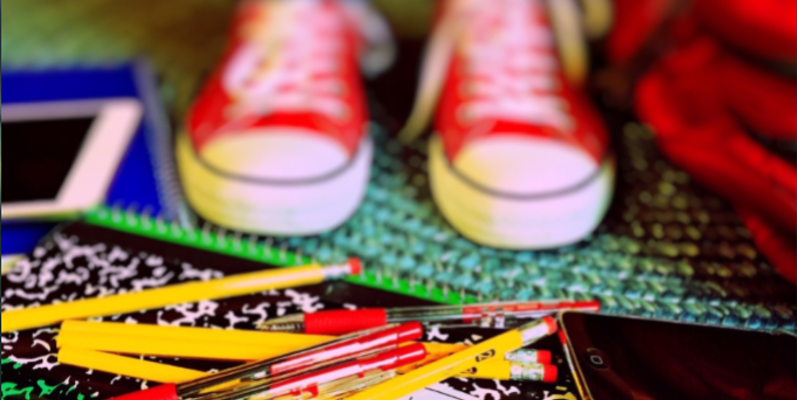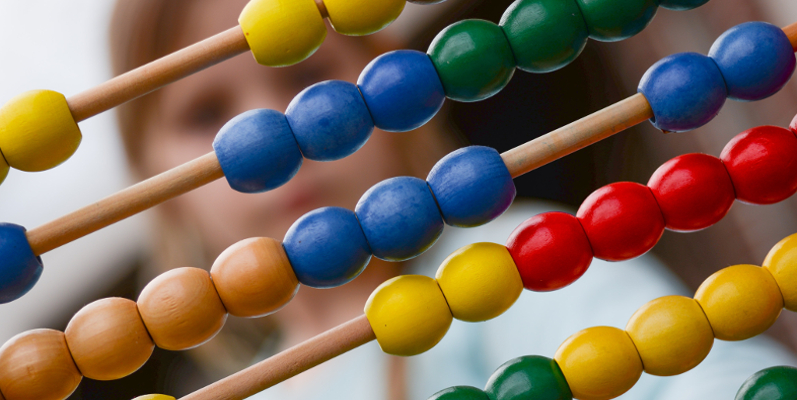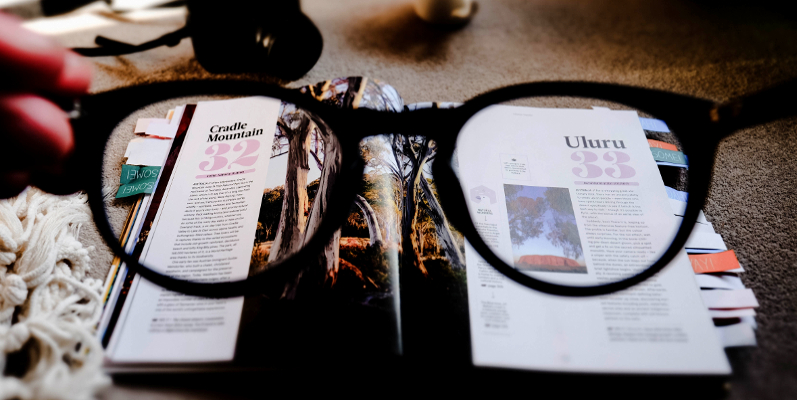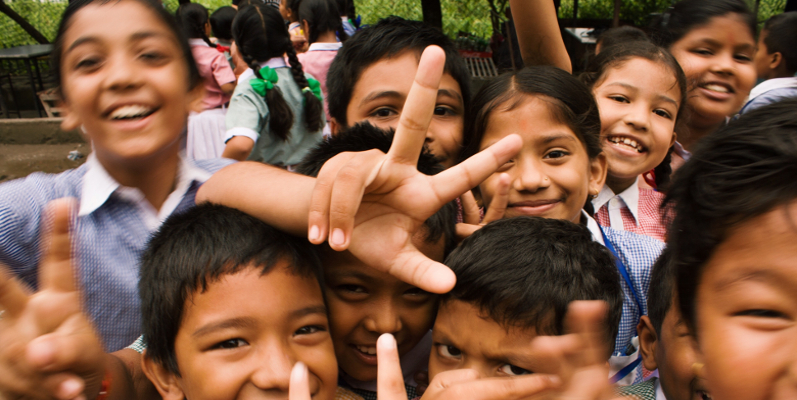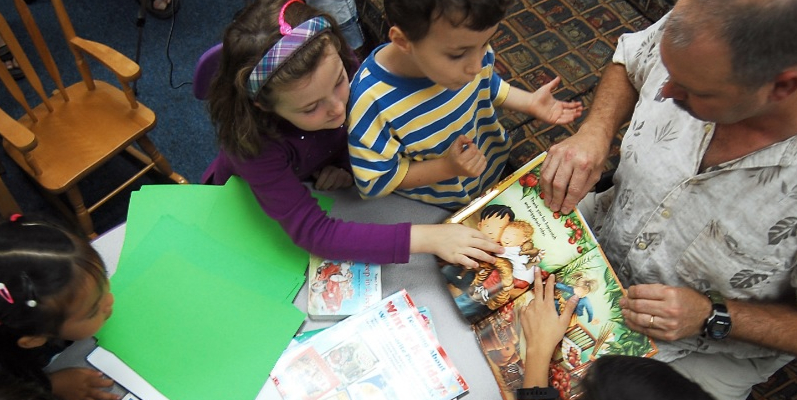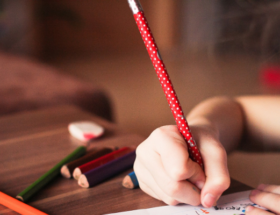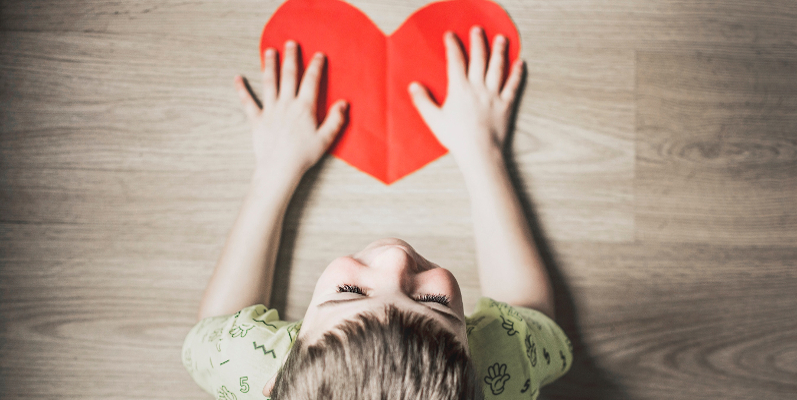The neurolinguist John Schulman once told me that the best way to learn a second language is to fall in love with someone who only speaks that language. Beyond providing motivation and practice, the neurochemistry of love and attachment stimulates the neuroplasticity of learning. Perhaps this can be turned into a more general statement—the best way to learn in school is to fall in love with your teacher. It was certainly true for me. —Louis Cozolino
Curriculum? Essential.
Classroom management? Vital.
Those are not at the very top of the list, however. The “make or break” factor for learning is relationships. Every teacher in every classroom has it within their power to build solid, unyielding attachments to students in their care.
How does that happen, though? How can teachers make it possible for kids to fall in love so that an unbroken bond between teacher and student yields the best possible environment for learning?
Bear with me. I’d like to borrow some sage advice from those searching for “true love” that has practical application to “teacher love” in the classroom.
Get to Know Your Partner Kids
Spend the time getting to know your students and their lives outside of the classroom. Find out about their families, the things they do in their free time, what motivates them, what occupies their minds—anything and everything about them they are willing to share.
I call this “loving interrogation”. And I don’t mean harassment. I mean taking the time to genuinely find out about your kids just like you would if you were pursuing a friendship or crushing on someone.
Know your kids.
Share Their Dreams and Passions
Once you know about your kids, be genuinely interested in what interests them. Years ago, I provided support for some students in a teacher’s classroom and one of the boys shared that he loved unicycles. I thought it was just a fascination, but found out later that he actually built and rode his own uniquely designed unicycles.
He was incredibly quiet and reticent, but when I took a sincere interest in the process he undertook to design and build his own unicycles, he opened up in our small group and participated in our discussions. It was amazing to see the transformation. Kids love to connect to others who share an appreciation for their passions.
Sharing in a child’s (tween’s or teen’s) world means that there must be an element of joy in the learning. Kids thrive on fun and entertainment. And when it’s a part of the learning even when the task is difficult or threatens to be mundane students are more likely to be engaged. A tiny bit of forethought and effort to make learning enjoyable will lead to that strong student-teacher bond we are keen to nurture.
View Them as Heroes
This may be the toughest task in building relationships with kids. Not every student has obvious character traits that are consistently positive. It takes a savvy teacher to watch for the tiniest opportunity to thank a student for exhibiting personal character.
In any relationship it helps to acknowledge at the start that there will be emotional hurdles to overcome. That is reality. Knowing that student behavior can sometimes be challenging and choosing intentionally to assume positive intent as often as possible creates an environment where grace is extended and everyone has a chance to show their best selves.
Create an Environment of Trust
Students are looking to teachers to create a safe place for everyone. Predictable routines, fair policies, clear procedures and daily activities that work to create a sense of community are all things that provide students with a sense of security.
Working hard to be proactive about classroom rituals that allow each student to have what they need is critical in building trust. I’m not saying everything should be equal. That’s not always possible, but every classroom community should have a strong commitment to equity.
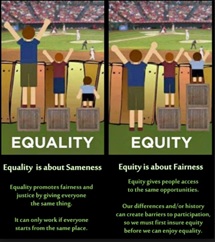
Provide Unerring Support During Difficult Times
Lasting relationships are forged on the crucible of adversity. Kids need to see that teachers are committed in good times and bad.
All of us are going to have tough days (or weeks) and when those in the classroom community are supportive and extend kindness in spite of our worst moments that builds a bond that is not easily broken. It’s the goodness of others often times that helps us to form great character in ourselves.
Let’s be real. You can’t make someone fall in love with you.
Teachers can, however, create an environment which can lead to a life-long love of learning.

